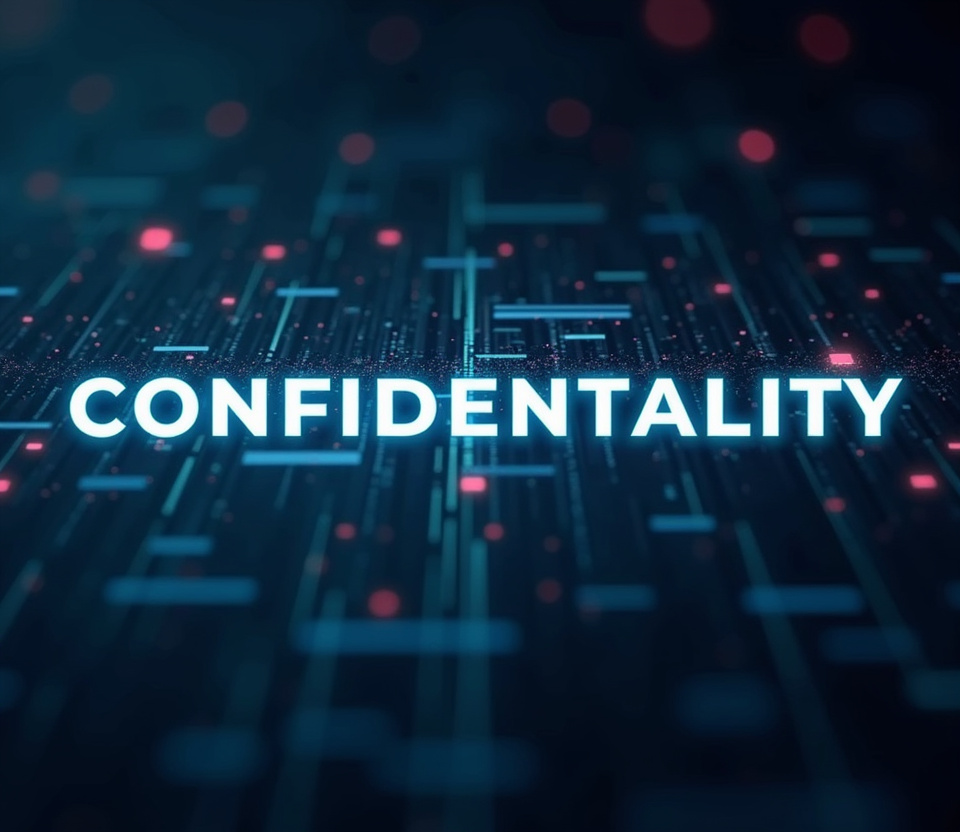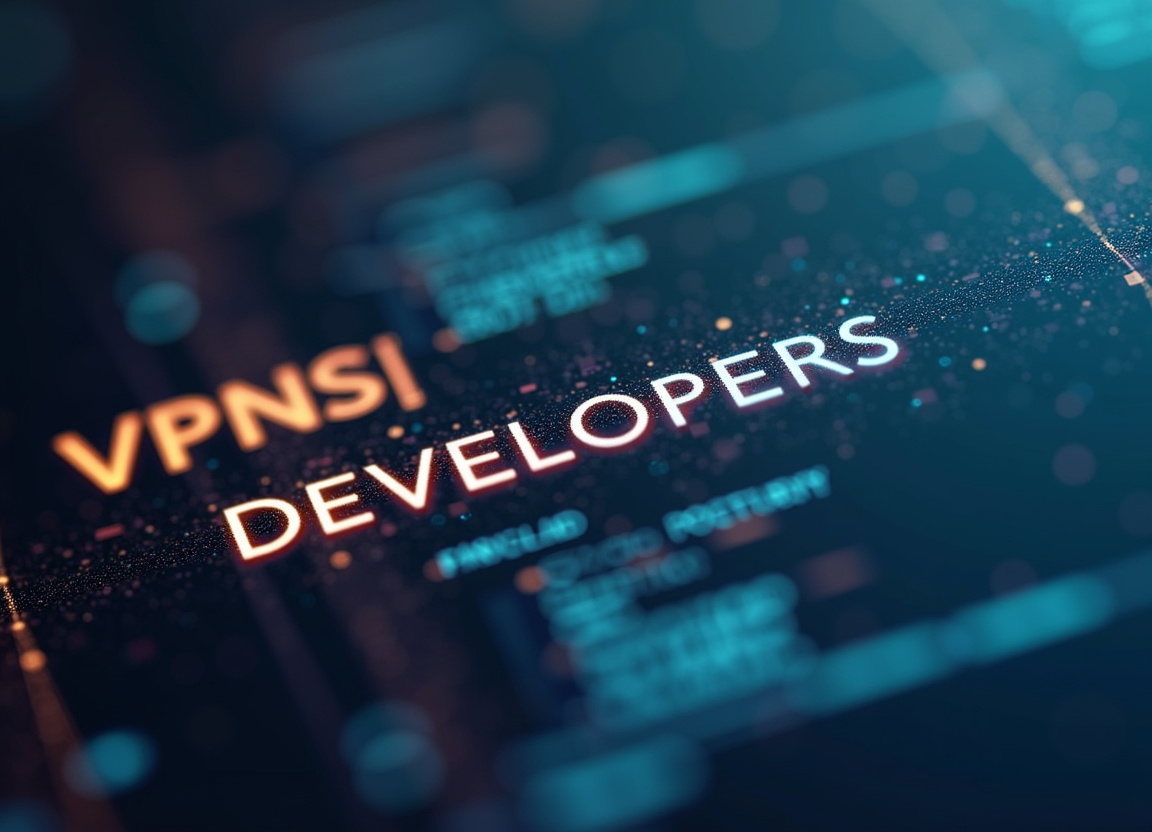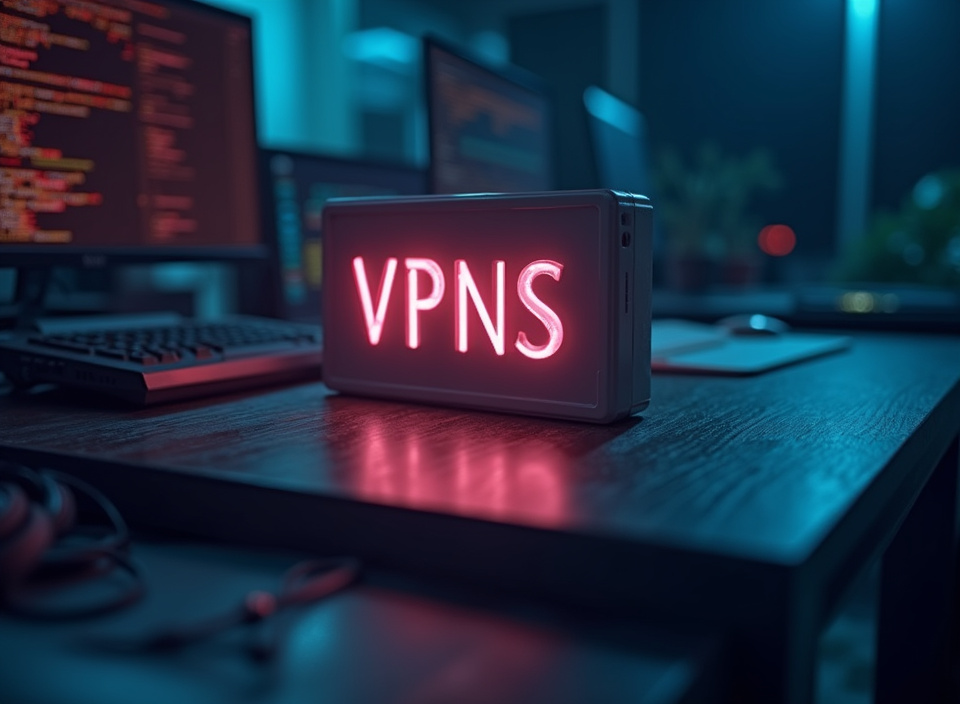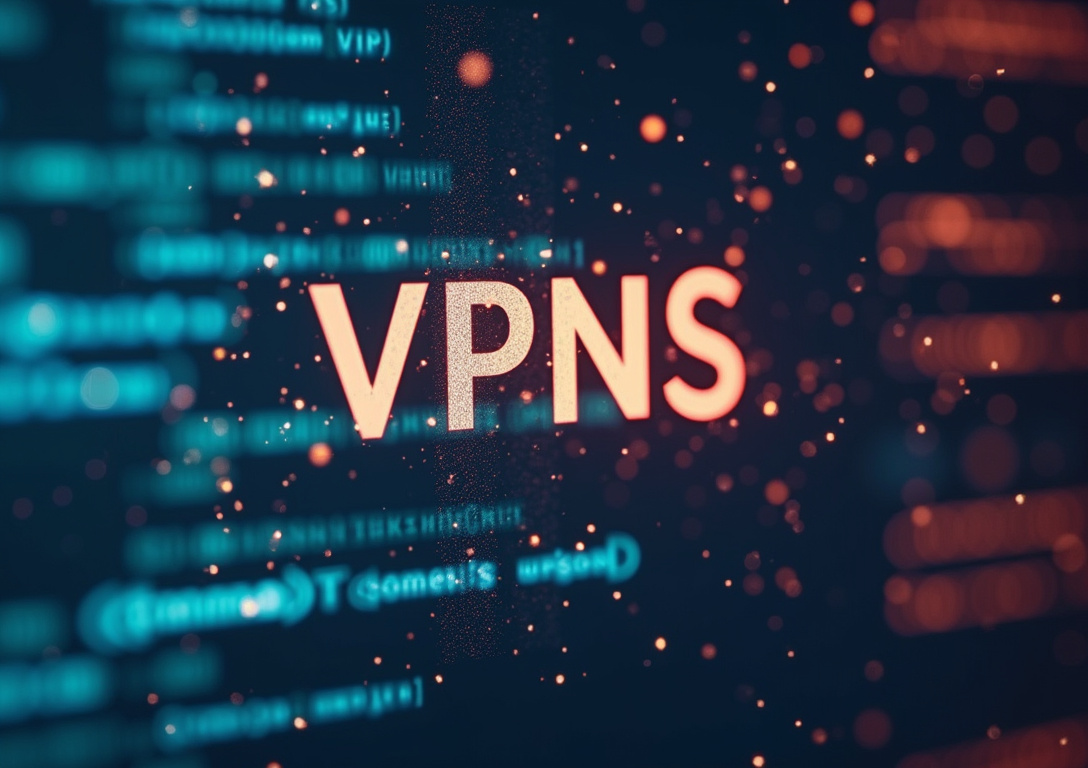VPNs for Mobile Game Developers: Protecting Source Code
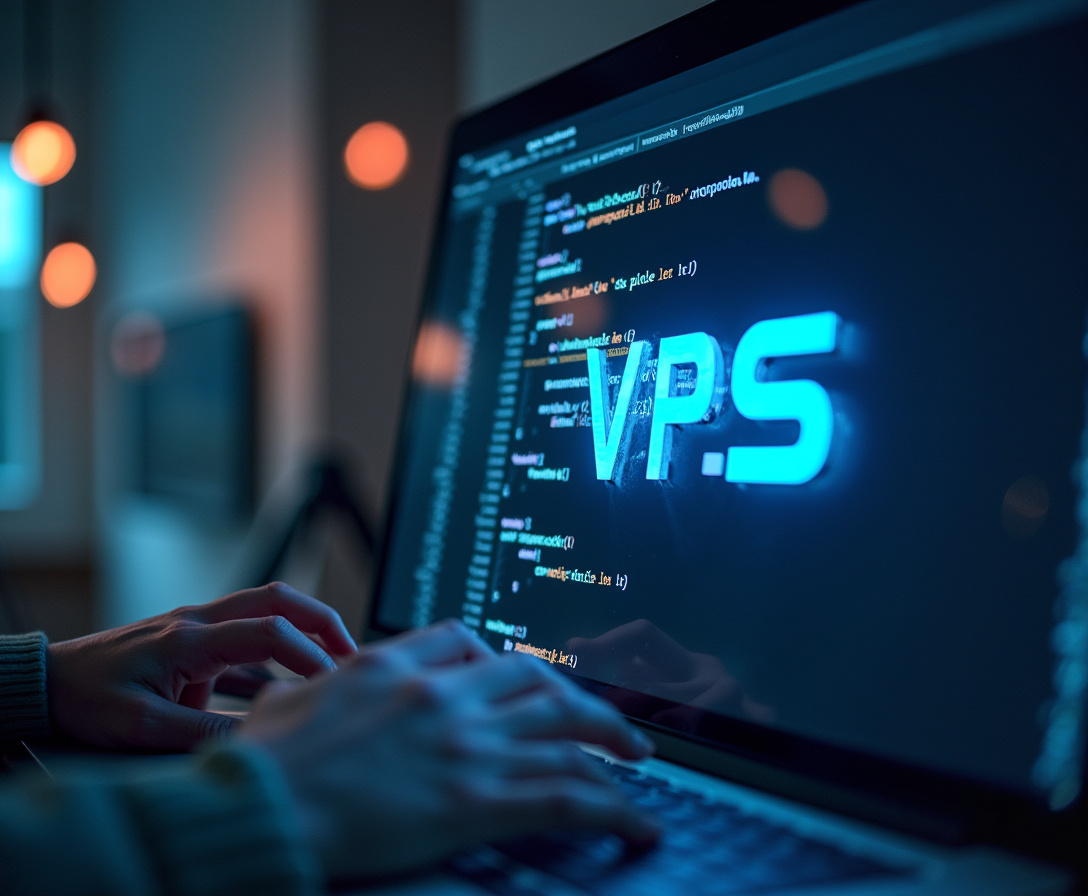
Table of Contents
Securing Source Code: A VPN's Role in Mobile Game Development
In the captivating and intensely competitive arena of mobile game development, safeguarding intellectual property reigns supreme. The lifeblood of any successful game, its meticulously crafted source code, represents an immense investment of time, talent, and resources. This digital blueprint, the very foundation upon which the entire gaming experience is built, is unfortunately susceptible to a myriad of threats, ranging from sophisticated cyberattacks to unintentional data leaks.
For mobile game developers, the stakes couldn't be higher; a compromised source code can swiftly lead to devastating consequences, including the proliferation of unauthorized copies, the unfair advantage granted to competitors, and, ultimately, substantial financial losses. In this complex and ever-evolving landscape of digital security, a robust and reliable Virtual Private Network (VPN) emerges as an indispensable tool, offering a multi-layered, comprehensive approach to protecting not only the invaluable source code but also the entire delicate ecosystem of the development process. Think of the VPN as something akin to a secure, impenetrable tunnel, diligently encrypting all data transmitted between the developer's device and the vast expanse of the internet.
This encryption acts as a robust shield, effectively guarding sensitive information from prying eyes, malicious intercepts, and unauthorized access. This encryption process is like transforming a document written in plain English into a complex cipher that only the intended recipient can decipher, rendering it virtually impossible for hackers, eavesdroppers, or malicious actors to intercept and decipher valuable source code, confidential project plans, or sensitive financial data. But a modern VPN is far more than just a simple, one-dimensional encryption tool; it is a comprehensive suite of features meticulously tailored to meet the unique and demanding needs of mobile game developers.
It actively creates a virtual barrier, a secure perimeter, that isolates the developer's network from the inherent risks of the public internet, thereby effectively mitigating the risk of direct attacks targeting their invaluable systems and sensitive data. This isolation becomes particularly crucial when developers find themselves working remotely, relying on often-unsecure public Wi-Fi networks, or collaborating with international teams spread across vast distances. Public Wi-Fi, frequently found in cafes, bustling airports, and hotels, is notorious for its distinct lack of security protocols and encryption measures, making it a prime haven for hackers and malicious actors seeking to intercept unencrypted data flowing freely across the network.
By intelligently routing all of their internet traffic through a secure and trusted VPN server, developers can effectively mask their true IP address, obscuring their precise location, and making it significantly more difficult for anyone to trace their online activity back to their physical location. This added cloak of anonymity provides a valuable extra layer of protection against targeted attacks, covert surveillance, and unwanted intrusion. Integrating a VPN seamlessly into the mobile game development workflow should never be viewed as an optional add-on or a mere afterthought, but rather as an absolutely integral component of a well-defined and comprehensive security strategy.
It must be meticulously integrated with other robust security measures, such as the implementation of strong passwords, multi-factor authentication protocols, the enforcement of strict access control policies, and the execution of regular, thorough security audits, in order to create a formidable and layered defense against a wide range of potential threats. The best game developer VPN solutions should allow for the creation of airtight, secure development environments, providing developers with true peace of mind and enabling them to work freely and creatively with the confident assurance that their source code security is rock solid. Moreover, a carefully chosen and skillfully configured VPN can facilitate secure and flexible collaboration with trusted outside parties without inadvertently risking the exposure of valuable or proprietary tools, thanks to the robust project data protection measures meticulously in place.
The potential for source code vulnerability extends far beyond the realm of external threats, encompassing a range of internal risks that can be equally damaging. Within the collaborative environment that defines modern mobile game development, multiple developers, talented artists, and creative designers often require ongoing access to the same central code repository. While this collaborative spirit fuels innovation and accelerates progress, it also introduces the inherent potential for accidental or even deliberate data leaks, unauthorized code modifications, and outright data breaches.
A well-implemented VPN plays a crucial role in mitigating these internal risks by providing a mechanism to precisely limit access to sensitive project data, thereby effectively preventing both accidental and malicious internal breaches. A carefully configured VPN empowers administrators to enforce granular access control, ensuring that each team member has access only to the specific files, tools, and resources that are absolutely necessary to complete their assigned tasks. This principle of least privilege minimizes the exposure of the entire source code to every individual member, thereby significantly limiting the potential impact of any accidental mistake or intentional malicious act.
By seamlessly integrating a VPN into the internal workflow, security-conscious administrators can establish a secure and carefully controlled environment where developers can collaborate effectively and efficiently without unintentionally compromising the integrity of the precious source code. One of the most significant benefits of utilizing a VPN lies in its fundamental ability to encrypt virtually all data transmitted across the network, offering robust project data protection regardless of where the data is traveling. This pervasive encryption ensures that even if data is somehow accidentally or intentionally intercepted by an unauthorized party, it will be rendered unreadable and utterly useless, effectively mitigating the impact of the breach.
Furthermore, a sophisticated VPN can be configured to provide detailed audit logs, meticulously tracking who accessed which files, providing precise timestamps of when they were accessed, and recording any modifications that were made. This detailed audit trail serves as an invaluable tool for identifying and thoroughly investigating any potential security breaches, allowing for rapid response and effective remediation. Beyond the critical aspects of data privacy and security, integrating a VPN can also contribute to enhancing the overall performance and stability of the development process.
By intelligently routing internet traffic through meticulously optimized servers, a VPN can effectively reduce unwanted latency and significantly improve connection speeds, a particularly crucial benefit for developers who are constantly working with large graphic files, high-resolution audio, or collaborating with remote teams spread across diverse geographical locations. This optimized performance can translate directly into faster development cycles, improved team communication, enhanced collaboration, and ultimately, a noticeably higher quality end product. However, mobile game developers cannot afford to overlook the increasingly complex regulatory landscape surrounding data protection and privacy.
Laws and regulations such as the General Data Protection Regulation (GDPR) and the California Consumer Privacy Act (CCPA) impose stringent requirements on how personal data is collected, diligently processed, securely stored, and ultimately protected. A modern VPN can provide invaluable assistance to developers in achieving and maintaining compliance with these complex regulations by encrypting sensitive personal data, preventing unauthorized access, and ensuring that data is handled in a manner that adheres to the strictest legal and ethical standards. In addition to the technical aspects of VPN implementation and configuration, it is absolutely essential to educate all developers and other team members about the fundamental importance of security awareness and stringent data privacy practices.
Comprehensive training programs should cover a wide range of critical topics, including best practices for password security, techniques for identifying and avoiding phishing attacks, and guidelines for ensuring safe and responsible internet browsing habits. By fostering a strong culture of security awareness throughout the organization, companies can significantly reduce the risk of human error, which regrettably remains a leading cause of many data breaches.
The careful and considered selection of an appropriate VPN solution for a mobile game development studio demands a thorough evaluation of several critical factors, including the underlying security protocols employed, the geographical distribution of available server locations, the achievable connection speeds, and the overall reliability of the service. The chosen VPN must demonstrably meet the specific security and performance requirements of the development team, balancing robust protection with minimal disruption to the workflow. Security protocols form the very bedrock of a VPN’s security posture, fundamentally determining how data is encrypted, transmitted, and ultimately protected from unauthorized access.
OpenVPN is widely regarded as the gold standard in this regard, offering a potent combination of strong encryption algorithms, open-source transparency that allows for independent security audits, and broad compatibility across a diverse range of operating systems and platforms. Other popular and effective protocols include WireGuard, which is rapidly gaining traction due to its exceptional speed and efficiency, making it particularly well-suited for demanding applications, and IKEv2/IPsec, often favored on mobile devices for its stability and ability to seamlessly switch between different networks without dropping the VPN connection. The geographical location of VPN servers is another crucial factor that demands careful consideration.
Mobile game developers should prioritize selecting a VPN provider with a globally distributed network of servers, strategically located in regions where they conduct business operations or collaborate with remote team members. This geographical diversity allows developers to effectively access localized content and resources as if they were physically present in those regions, bypassing geographical restrictions imposed by certain services and significantly improving overall network performance. Furthermore, it enables developers to test their games from various geographical perspectives, ensuring optimal performance and functionality for players around the world.
Speed and reliability are paramount for ensuring a smooth and uninterrupted development workflow. A VPN service plagued by slow connection speeds or frequent disconnections can severely hamper productivity, particularly when developers are working with large graphic assets, streaming high-resolution audio, or collaborating with remote teams in real-time. Therefore, it is imperative to choose a VPN provider with a proven track record of delivering consistently high speeds and unwavering stability.
Look for features such as automatic server selection, which intelligently connects you to the fastest available server based on your current location, and integrated kill switches, which automatically terminate internet connectivity in the event of a sudden VPN connection drop, preventing any unencrypted data from being exposed. Moreover, a commitment to stringent data privacy practices is an absolutely essential attribute of any VPN provider considered for use in mobile game development. The VPN provider should operate under a strict no-logs policy, explicitly stating that they do not collect or store any data related to users' online activity, including browsing history, connection timestamps, IP addresses, or DNS queries.
Ideally, the VPN provider should be based in a jurisdiction with strong data privacy laws and a history of protecting user rights. Independent audits by reputable security firms can provide valuable assurance that the VPN provider is adhering to its stated privacy policies and security practices. The choice of a VPN should be guided not just by technical capabilities but by a deep-seated trust in the provider’s commitment to data security and user privacy.
This trust forms the foundation on which developers can build a secure and productive development environment, confident that their valuable source code and sensitive project data are shielded from prying eyes. Without these core tenets of security in place, even the most advanced VPN can be rendered ineffective.
Beyond the core functionalities of encryption and secure tunneling, a truly valuable VPN solution for mobile game developers offers a suite of advanced features designed to enhance security, streamline workflows, and facilitate seamless collaboration. These advanced features can significantly improve the overall development experience and contribute to a more robust and secure environment. One such feature is split tunneling, which allows developers to selectively route certain traffic through the VPN tunnel while allowing other traffic to bypass it and connect directly to the internet.
This can be particularly useful for tasks that don't require the added security of the VPN, such as streaming media or accessing local network resources. By selectively routing traffic, developers can optimize bandwidth and improve connection speeds for critical tasks, while maintaining security for sensitive data. Another valuable feature is a dedicated IP address, which provides developers with a unique and unchanging IP address that is not shared with other VPN users.
This can be beneficial for accessing services that restrict access based on IP address or for hosting game servers with consistent and reliable connectivity. A dedicated IP address can also help to prevent blacklisting issues, as the IP address is not associated with the activity of other VPN users. Furthermore, port forwarding allows developers to bypass network address translation (NAT) firewalls and directly access devices behind the VPN server.
This can be useful for hosting game servers, testing multiplayer functionality, or remotely accessing development machines. However, port forwarding should be used with caution, as it can also introduce security risks if not configured properly. Strong authentication protocols, such as multi-factor authentication (MFA), provide an additional layer of security beyond a simple username and password.
MFA requires users to provide a second form of verification, such as a code generated by an authenticator app or a biometric scan, before gaining access to the VPN. This significantly reduces the risk of unauthorized access, even if a user's password is compromised. Automatic connection features can streamline the VPN connection process and ensure that the VPN is always active when needed.
These features can automatically connect to the VPN when the device starts up or when it connects to an untrusted network, such as a public Wi-Fi hotspot. This helps to protect data from the moment the device connects to the internet. Choosing a VPN with multiple device support allows developers to protect all of their devices, including laptops, desktops, smartphones, and tablets, with a single VPN subscription.
This provides comprehensive protection for all devices used for development activities. Furthermore, good customer support that provides 24/7 assistance helps solve problems quickly and smoothly. By taking advantage of the advanced features offered by modern VPN solutions, mobile game developers can create a more secure, efficient, and collaborative development environment.
These features can help to protect sensitive data, streamline workflows, and facilitate seamless collaboration, ultimately contributing to the success of the development process. Developers should therefore consider incorporating these elements into their VPN adoption process. All aspects matter when aiming at maximizing game developer VPN effectiveness.
Beyond Security: Building Trust and a Proactive Security Mindset
Ultimately, the integration of a VPN into the workflow of mobile game developers transcends the simple implementation of a security tool; it represents a fundamental shift towards a proactive and comprehensive security mindset. It emphasizes the importance of protecting intellectual property, respecting data privacy, and fostering a culture of security awareness throughout the organization. Embracing a VPN is not merely a technical decision but a strategic imperative for any mobile game development studio seeking to thrive in today's challenging and ever-evolving digital landscape.
Protecting source code is not just about preventing theft; it's about safeguarding the future of the game and the company. The investment in time, resources, and creative energy that goes into developing a mobile game is immense, and a compromised source code can undermine all of that effort. This proactive approach towards source code security and project data protection extends beyond the immediate concerns of preventing unauthorized access and mitigating data breaches.
It also encompasses the broader goals of maintaining a competitive advantage, preserving brand reputation, and fostering trust with players and partners. When developers can demonstrate a commitment to protecting user data and intellectual property, they build a stronger reputation for reliability and trustworthiness, which can translate into increased player loyalty and greater business opportunities. Data privacy is no longer simply a legal requirement; it is a fundamental expectation of users and a core value that should be embraced by all mobile game developers.
By implementing a VPN and adhering to strict data privacy practices, developers not only comply with legal regulations but also demonstrate a commitment to respecting user privacy and building a relationship of trust. This trust is essential for long-term success in the mobile gaming industry, where user engagement and retention are critical. It can also positively impact the VPN for gaming experience of the developers themselves.
Looking forward, the role of VPNs in mobile game development is likely to become even more critical as the industry continues to evolve and face new security challenges. The increasing sophistication of cyberattacks, the growing reliance on remote collaboration, and the evolving regulatory landscape all point to the need for even more robust and comprehensive security measures. VPNs will undoubtedly play a central role in addressing these challenges, providing a foundational layer of security that protects sensitive data and enables developers to innovate with confidence.
By staying informed about the latest VPN technologies and security best practices, mobile game developers can ensure that they are well-prepared to meet the challenges of the future and continue to deliver high-quality, engaging gaming experiences to players around the world. In conclusion, a secure VPN should be seen as a basic service, such as for instance, electricity or water, and also basic to the ongoing game developer VPN processes. By making it part of the toolset, and taking source code security seriously and also enhancing data privacy, these are competitive advantages a game developer can ill afford to ignore.
Stay Updated
Get the latest VPN news, tips, and exclusive deals to your inbox.
